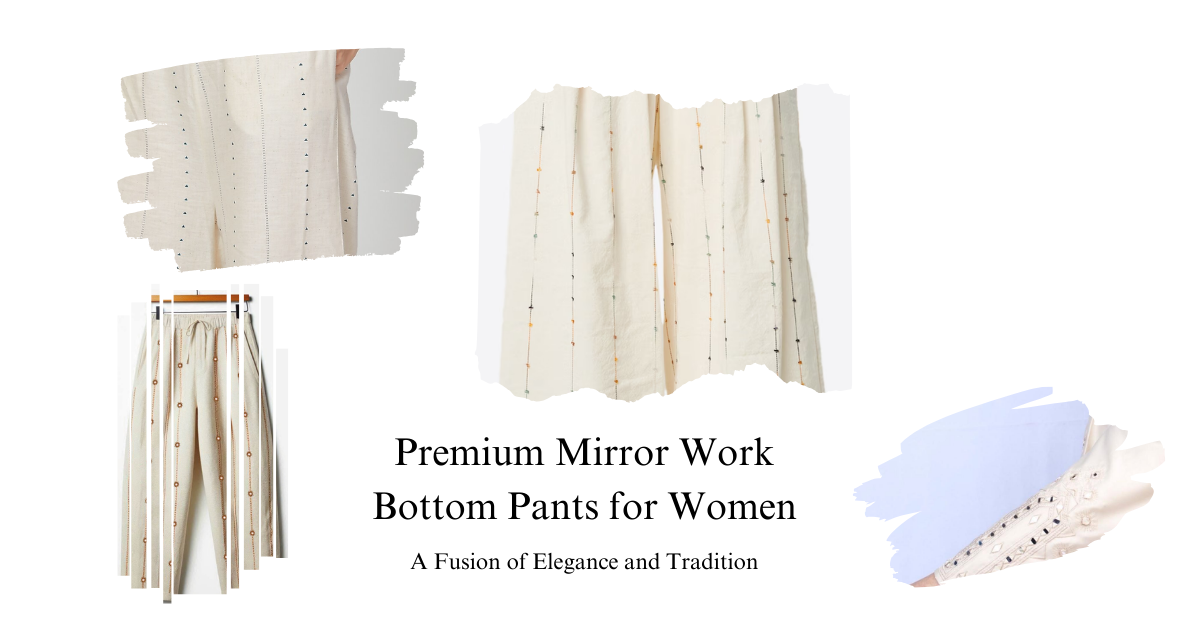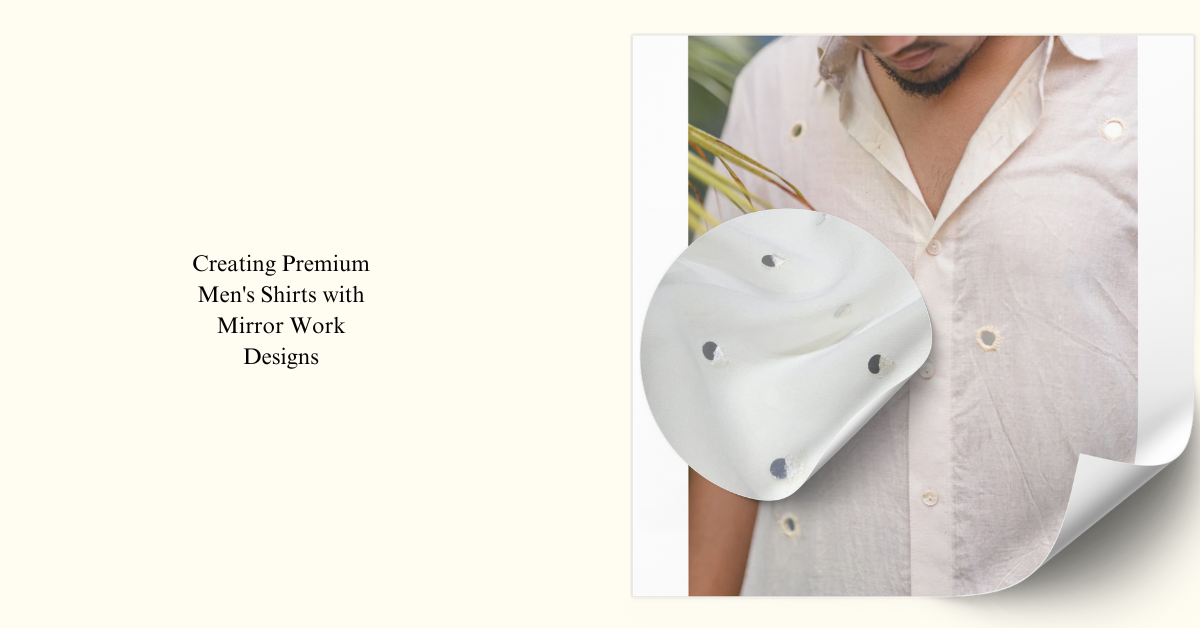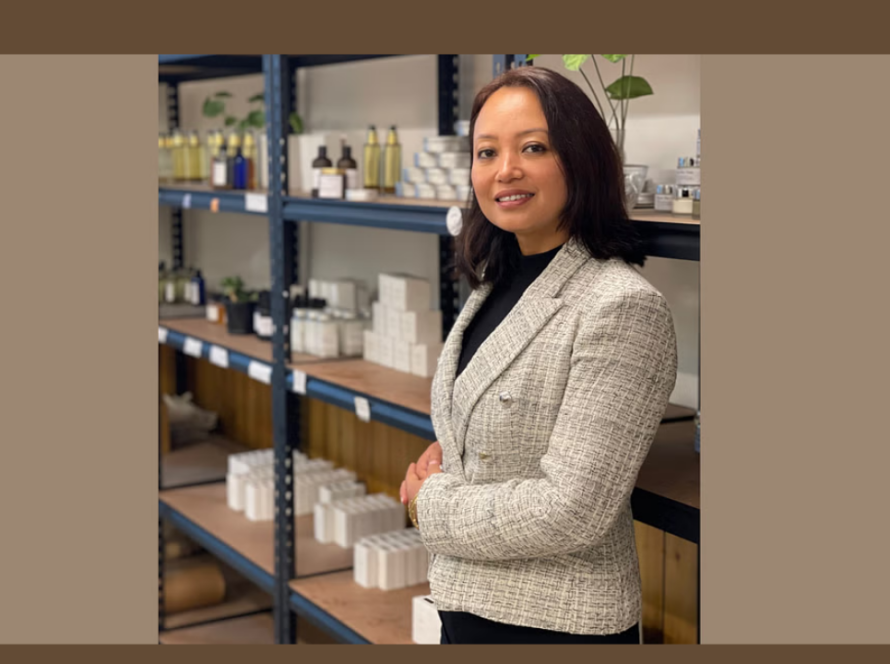In the fascinating realm of space exploration, Dr. Varsha Jain, affectionately known as the ‘Space Gynecologist,’ is breaking new ground by specializing in the study of how women’s bodies respond in space.
With a focus on the effects of menstruation in microgravity, Dr. Jain’s research sheds light on the unique challenges faced by female astronauts and explores solutions to address their health concerns beyond Earth.
Meet Dr. Varsha Jain, the ‘Space Gynecologist’ Pioneering Women’s Health Beyond Earth
Space travel poses distinct challenges to an astronaut’s health, encompassing both short and long-term impacts. Despite rigorous diet and exercise regimens, extended periods in a low-gravity environment can lead to a range of health issues, including muscle and bone loss, weight loss, eyesight disorders, and changes in the immune system. For women astronauts, managing menstruation adds an additional layer of complexity.

Contrary to early research suggesting potential issues such as retrograde menstruation, Dr. Jain clarifies that menstruating in space is entirely feasible. Menstrual cycles, she explains, are controlled by hormones released from the brain, acting on the ovaries and then the womb, with this pathway remaining unaffected in space.
However, most women astronauts opt not to menstruate in space due to practical considerations.
Dr. Jain highlights the challenges women face in space, such as limited toilet facilities on the International Space Station and the inability to shower in zero gravity.
To suppress their periods, female astronauts often turn to continuous use of oral contraceptive pills, overcoming the hurdles of managing menstrual hygiene during spacewalks.
In her research, Dr. Jain delves into alternatives beyond oral contraceptives, exploring options like the intra-uterine hormonal device Mirena and long-acting reversible contraceptives.

Her extensive work includes studying the potential risks of blood clots in female astronauts, challenging the notion that contraceptive use increases this risk during space travel.
As India’s first ‘Space Gynecologist,’ Dr. Varsha Jain emphasizes the importance of providing female astronauts with choices for managing their health in space.
Her commitment to offering options and understanding the nuances of women’s health in extreme environments exemplifies a pioneering spirit in space medicine.
Having embarked on her journey in both astrophysics and medicine, Dr. Jain’s unique career path has led her to the intersection of these fields, with significant contributions to space physiology and health.
With ongoing research on heavy bleeding during periods, Dr. Jain continues to explore avenues to enhance female astronaut health and well-being beyond Earth.
As women’s roles in space exploration evolve, Dr. Varsha Jain’s work stands as a testament to the progress being made in understanding and addressing the specific health needs of female astronauts, contributing to the broader narrative of humanity’s venture into the cosmos.

FAQ
1. Why is Dr. Varsha Jain known as the ‘Space Gynecologist’?
Dr. Varsha Jain earned the moniker ‘Space Gynecologist’ due to her groundbreaking research focusing on women’s health in space. Specializing in understanding how women’s bodies respond to the challenges of microgravity, particularly during menstruation, Dr. Jain’s work has significant implications for the well-being of female astronauts beyond Earth.
2. How does space travel impact women’s health, and why is it a concern?
Space travel poses unique challenges for astronauts, including women. Despite following strict health regimens, extended periods in low-gravity environments can lead to various health issues. Dr. Jain’s research explores these impacts and addresses the specific challenges faced by women, such as managing menstruation in space.
3. Can women menstruate in space, and what are the considerations?
According to Dr. Jain, women can menstruate in space, but most choose not to due to practical challenges. Limited toilet facilities, water waste management, and the absence of gravity for showers during spacewalks contribute to the decision to suppress periods using continuous oral contraceptive pills.
4. What alternatives exist for suppressing menstruation in space?
Dr. Jain explores various alternatives beyond oral contraceptives, including intra-uterine hormonal devices like Mirena and long-acting reversible contraceptives. These options offer women astronauts choices to manage their health in space effectively.
5. How does Dr. Jain’s research challenge traditional views on blood clot risks during space travel?
Contrary to earlier assumptions, Dr. Jain’s research found no evidence of increased blood clot risk in female astronauts, even with contraceptive use. This challenges the notion that contraceptive pills elevate the risk, highlighting the need for a nuanced understanding of women’s health in space.
6. Why do women astronauts choose to suppress their periods in space?
Practical considerations, such as limited toilet facilities and challenges in maintaining menstrual hygiene during spacewalks, lead many women astronauts to opt for continuous use of oral contraceptives to suppress their periods.
7. What are the potential health risks associated with heavy bleeding during periods in space?
Dr. Jain’s ongoing research explores the risks of heavy bleeding during periods in space, considering factors such as iron deficiency and anemia. Understanding these risks is crucial for enhancing the overall health and well-being of female astronauts.
8. How has Dr. Jain’s career path led her to the intersection of astrophysics and medicine?
Initially torn between astrophysics and medicine, Dr. Jain’s unique career path evolved after attending a space medicine conference. Her passion for astrophysics merged with medicine, leading to significant contributions in space physiology and health.
9. Why is Dr. Varsha Jain’s work crucial for the future of women in space exploration?
As women’s roles in space exploration expand, Dr. Jain’s research plays a pivotal role in understanding and addressing the specific health needs of female astronauts. Her commitment to providing choices and options for managing health in extreme environments contributes to the broader narrative of humanity’s venture into the cosmos.






